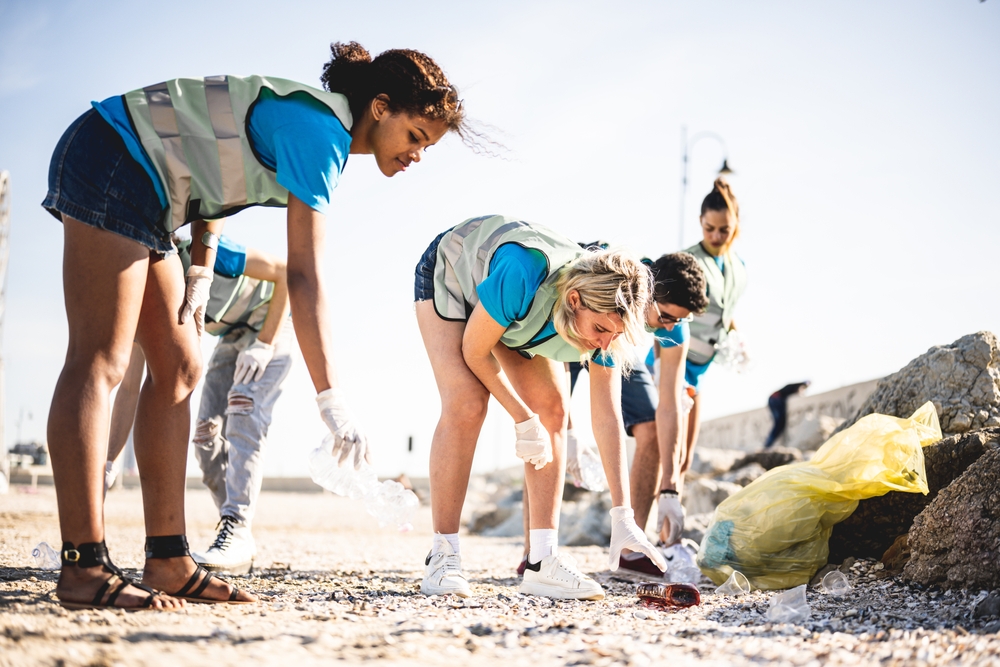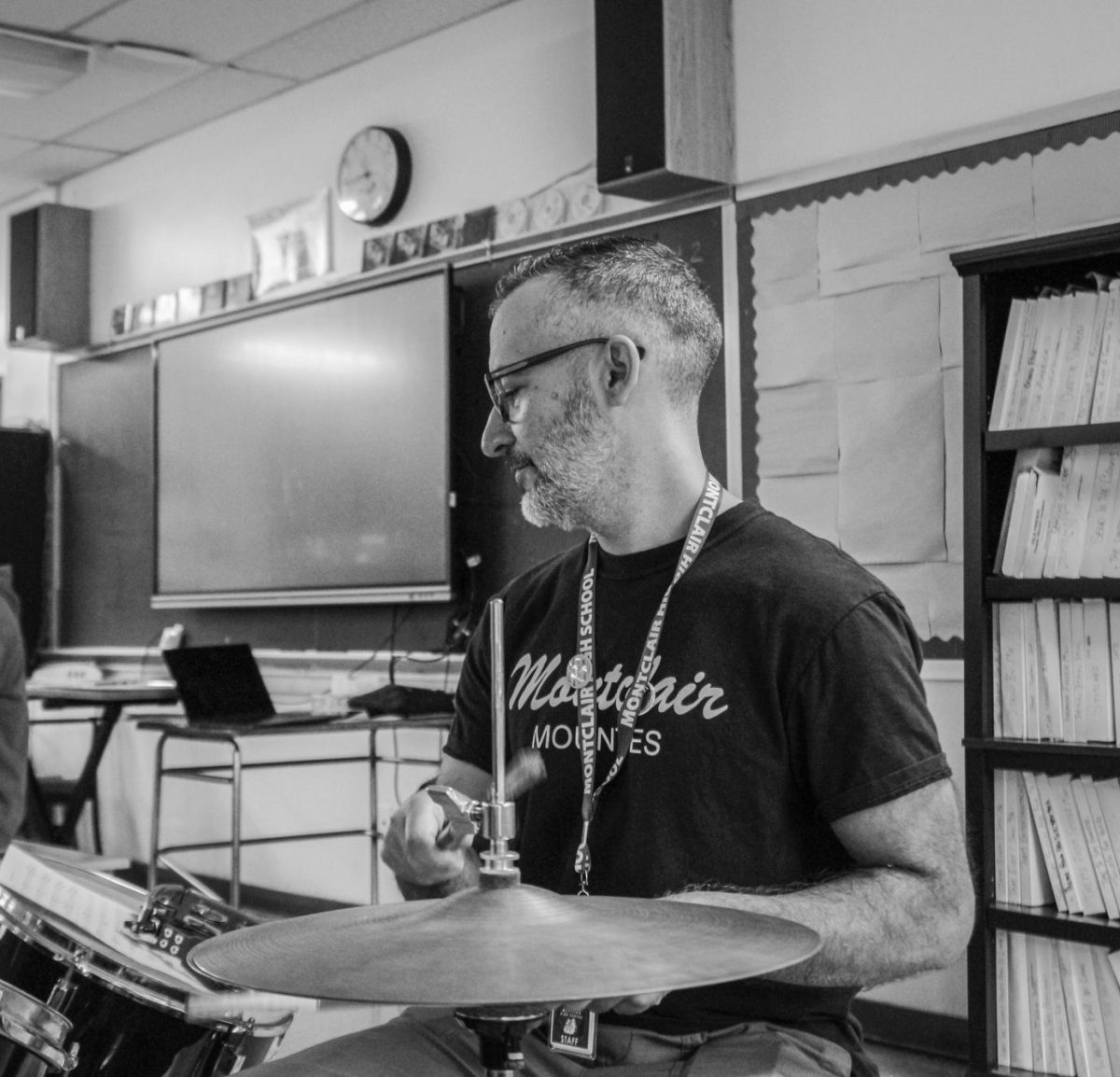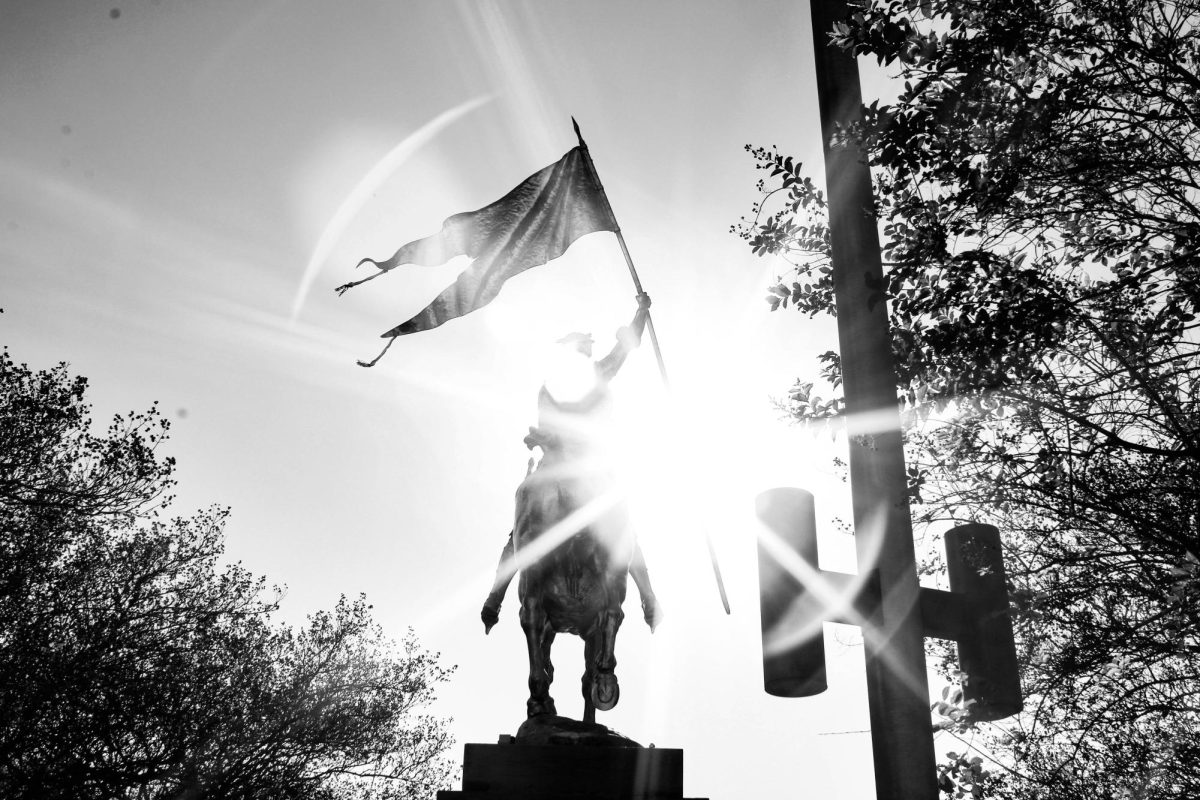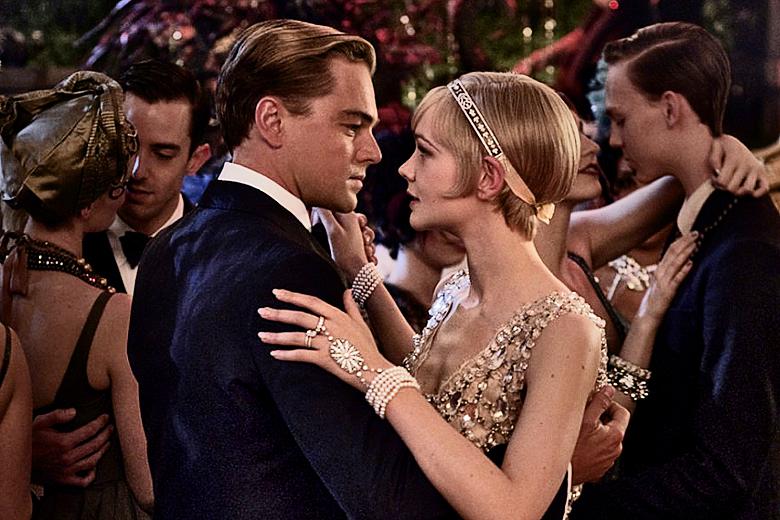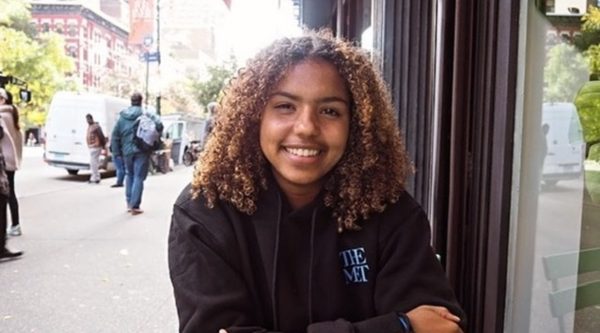The act of one person giving to another, free of cost or expectation, has long since been one of the most celebrated parts of American society. Universities boast of the vast amount of volunteer organizations run within their schools, judges delve out community service in rehabilitative efforts, and many organizations require it to be a member. Volunteering used to be defined as giving while receiving nothing in return. But has this idea of receiving nothing in return long since died?
With a new emphasis on volunteerism within university applications, a new pressure has formed to participate in the community. Many college counselors advise between 50 and 200 hours of volunteer work, with over 50% of admissions officers citing community service as being a significant contributor to acceptance. This is not lost on students.
“It’s gotten to the point where students are pressured to feel like they need at least 100-plus hours, worried that they’re not gonna get into college with anything less,” Fynn Coolican reported, a sophomore at MHS. Fynn was not alone in this feeling. Savannah Seawell, a junior at MHS, echoed the growing anxiety regarding volunteering for college, stating “it makes it feel like the only reason you are doing it.”
Of the seniors interviewed, many acknowledged the stress and cited the need to appear as a “well rounded student” extremely hard to live up.
Conversely, most students did list college as one of their main motivators for volunteering. Estelle Svenson, a senior at MHS shared that the best part of volunteering is the fulfillment. Svenson’s volunteering for South Orange Rescue Squad led her to become a part-time EMT upon completed her courses.
“I love my crew mates, I love giving back to the community, and I love the patients.” Likewise, junior Kerala Kim who volunteers once a week for the local hospital, used it as an example of how it has helped her grow as a person. Both of these individuals hope to continue volunteering into college. Others have claimed it furthered their connection to community members in need, children, and more.
One constant was the rewarding and heartwarming nature that volunteering brings to their lives. This passion has also leaked to clubs at our school. Junior Tessa Westlund, treasurer of the Key Club at Montclair High School, described the best part of the club as being “around people that are voluntarily giving up their time to do community service” which creates an amazing environment. Further, the percentage of students volunteering in highschool and college is relatively the same.
It is clear that volunteering has a positive impact on people’s lives across the board, regardless of the reason for doing it. So does reasoning matter? This controversial question gave way to a flurry of responses. Westlund admitted “a lot of people join Key club because it looks good…even if people are just doing it for their college applications they are still taking the time to give back”. In other words, whether college is a motivator or not, being engaged in the community civically is inherently beneficial.
Others have a more pessimistic view on the ordeal. Felicia, a senior at MHS, calls into account the negative impacts selfishness can have on volunteering. “The quality of service definitely is worse for those doing it out of selfish reasons,” Felicia explained, “people feel forced and therefore don’t put in effort, time, or care but just do it to check off the boxes.” The existing fears within a multitude of students highlights this enigma.
To add to this, volunteering has oftentimes been attributed to being a luxury of the rich, hindering the credibility of students who must spend their time working or taking care of younger siblings. Unintentionally, the current framework of our competitive education system may have turned even selfless acts into a means for higher success. And in doing so, may rob students of the valuable skill of doing things simply out of kindness.
Whatever the reason may be, volunteering still exists as a pathway to community engagement, connections, and fulfillment. With the new pressures of college, there is a risk of hindering these important ideals. Nevertheless, as Westlund reiterates, regardless of intention, she hopes “people can find causes they genuinely care about.”

